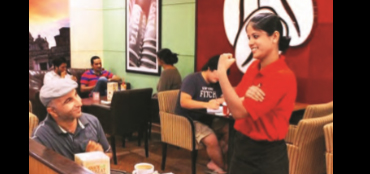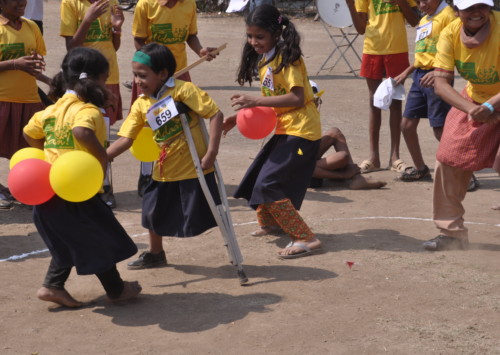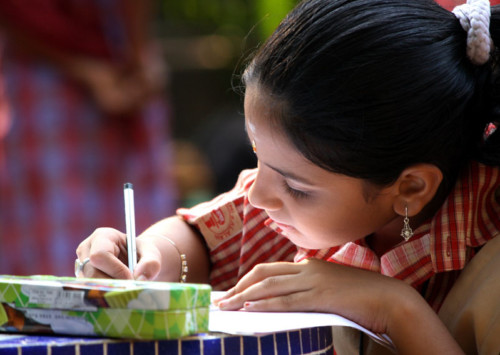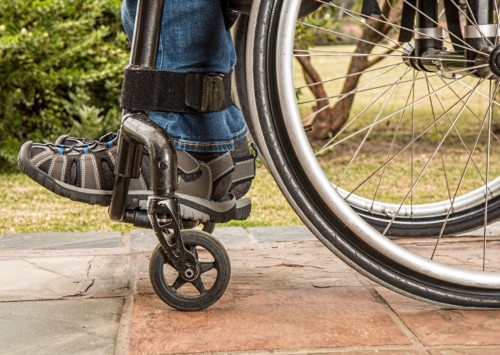NGO series: Vaani – Sound of the soul
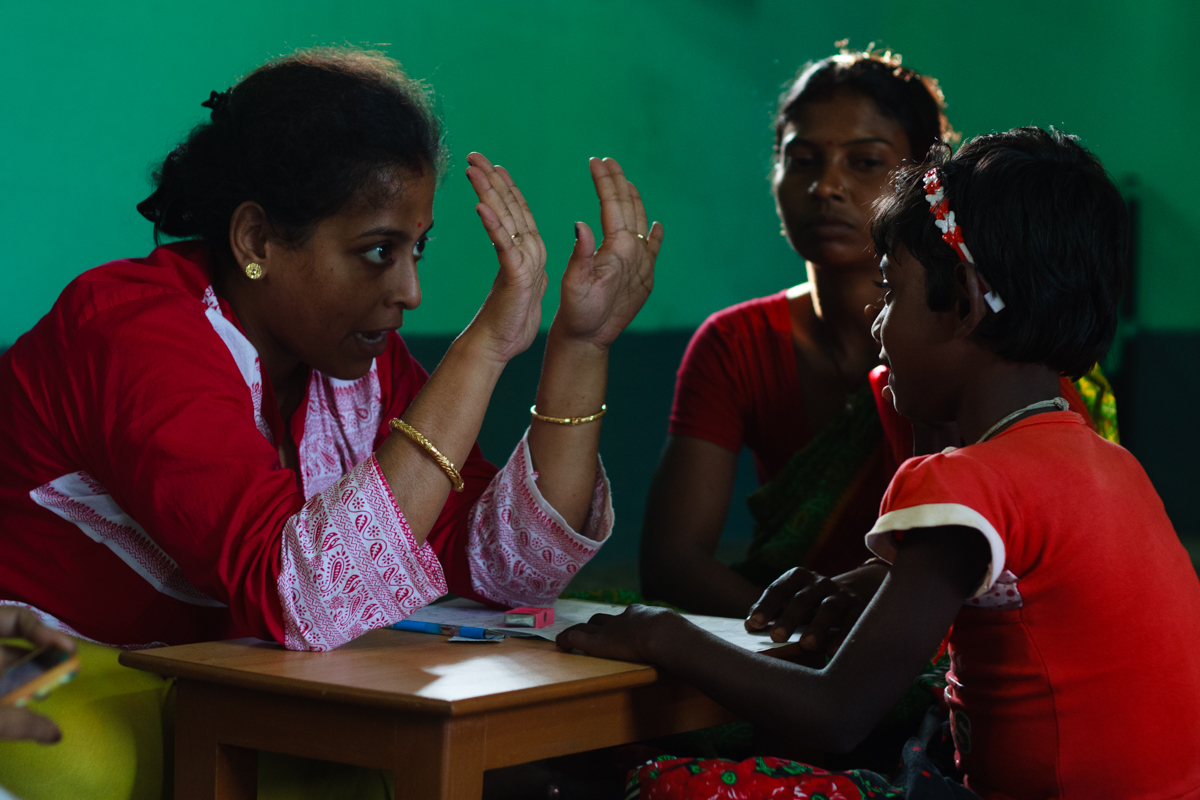
India’s increasing population of differently-abled individuals means that the need for educational and employment resources is apparent now more than ever. With majority of the differently-abled population living in rural areas, the issue of accessibility is not getting the attention it needs. However, with the rise in initiatives for the differently-abled, things are changing for better, gradually
To inaugurate a series on Indian Non-governmental Organisations (NGOs) and to hold a light to their noble contributions to make the world a better place, MIG chose to start with an organisation which is dealing with a major yet unnoticed problem – hearing impairment.
The objective is not to list some of the best Non-governmental Organisations (NGOs) in India, but to bring under the spotlight the ones which are really making a difference to the society.
Vaani, headquartered in the southern Indian state of Karnataka, is one of those organisations you might not have heard of but is working silently and diligently. The Hindi word ‘Vaani’ literally means ‘sound of the soul’, and the organisation works passionately to fill the void in the lives of deaf children and their families, by providing technical expertise for teaching deaf kids.
13-year-old Rishikesh and his sister are both hearing impaired and their mother only noticed this when Rishikesh was one year old. After he was advised to wear hearing aids by the doctors and undergo speech therapy, the financial condition of the family did not allow them to do the needful. Only after attending a workshop organised by Vaani did their mother realise that no matter what happens, she must keep communicating with both her children. According to her, the activities of the workshop helped her release her tension and has opened up channels for her to connect to her children, and she is going to implement all her learning in communicating with them.
Not only Rishikesh and his family, but the NGO, which was established in 2005, has helped many others tackle or completely eliminate deafness.
The organisation believes that every deaf child is entitled to total and complete access to communication, education, protection and equality in all spheres, and information and knowledge to reach his or her full potential as an individual and be a member of the society with respect and dignity.
For Vaani, however, there are two primary stakeholders – the hearing-impaired and their parents. The NGO was therefore conceptualised as an organisation that would address needs of the very young deaf child, but in partnership with the parents, or, in their absence, the primary caregiver.
In a bid to provide the best, in August 2015, Vaani moved its head office from Kolkata to Bangalore, the technology capital of India, to have access to the latest technology and trends associated to this sector and strengthen their programmes.
In order to prepare parents for the role of a partner to the professional, training facilities are planned, where training is not restricted to skill development. Programmes are also designed to instil in parents the ability and the confidence to accept their child’s differences, help and guide their child through the formative school years towards becoming a confident independent adult, and groom themselves as agents of change by influencing policy making authorities and the government.
A special centre called the Sadhan Resource Centre is completely dedicated to this, where the volunteers find space, which could be an apartment, part of a school, or even a cattle shed! Deaf children and families are then invited to the place and the organisation deploys their most important assets and technically qualified teachers to teach them overcome their shortcomings.
In 10 years, Vaani has touched the lives of 27,000 people with its work, including 6,400 children, 11,300 parents, 6,544 professionals, 3,000 general public across eight Indian states.
While many people in India are ignorant about the inclusion and rehabilitation of disabled persons, there are others who are recognising the need to tap the differently-abled population to create a pool of happy and abled people despite the challenges.
Not only Vaani, but many other NGOs are making a difference to the society and through our series of NGOs in India, we hope to familiarise you with one every week.

